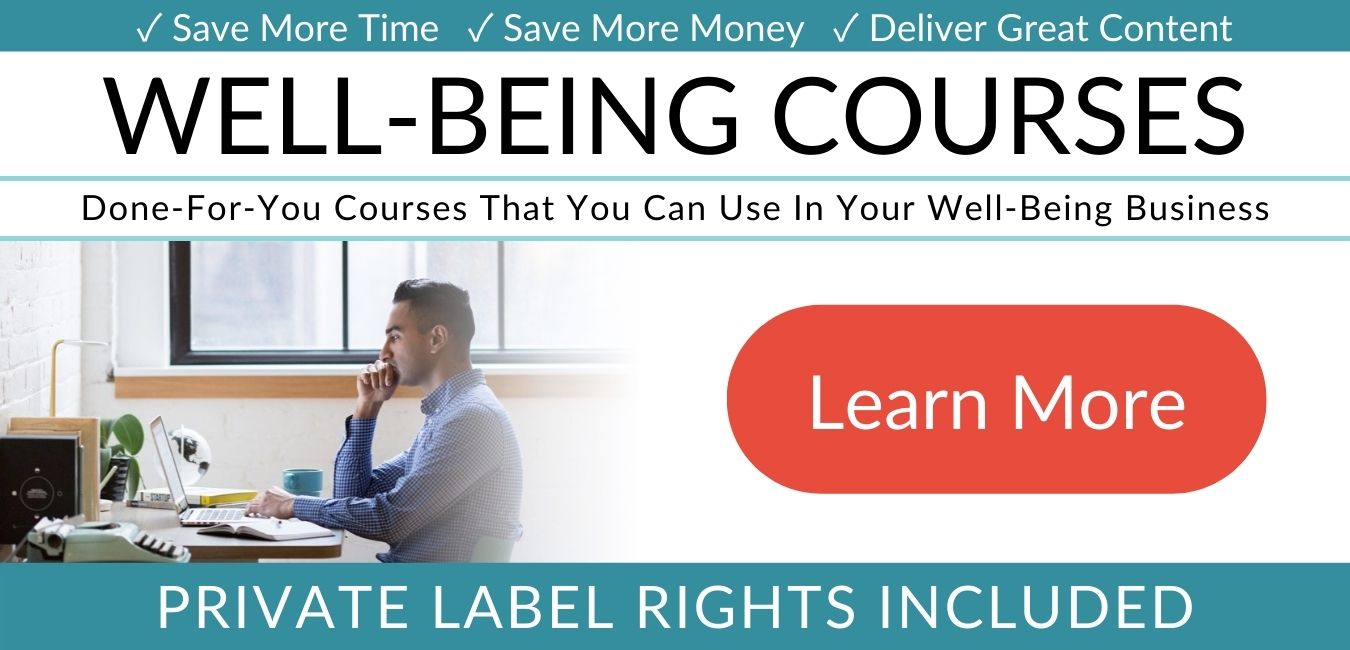Definition of Wellness: Meaning, Dimensions, and ExamplesWhat is wellness? Discover what wellness means, the multiple dimensions of wellness, and examples of how to increase your wellness.
*This page may include affiliate links; that means I earn from qualifying purchases of products.
What is Wellness? (Wellness Definition)The terms "health" and "wellness" are often used interchangeably. The World Health Organization (WHO) has defined health as, “a state of complete physical, mental and social well-being and not merely the absence of disease or infirmity." Although wellness can be defined similarly, some suggest that wellness is more active and process-oriented whereas health is more of a state of being. For example, the national wellness institute defines wellness as, "an active process through which people become aware of, and make choices toward, a more successful existence."
Are You a Therapist, Coach, or Wellness Entrepreneur?
Grab Our Free eBook to Learn How to
|
Are You a Therapist, Coach, or Wellness Entrepreneur?
Grab Our Free eBook to Learn How to Grow Your Wellness Business Fast! |
Terms, Privacy & Affiliate Disclosure | Contact | FAQs
* The Berkeley Well-Being Institute. LLC is not affiliated with UC Berkeley.
Copyright © 2024, The Berkeley Well-Being Institute, LLC
* The Berkeley Well-Being Institute. LLC is not affiliated with UC Berkeley.
Copyright © 2024, The Berkeley Well-Being Institute, LLC



